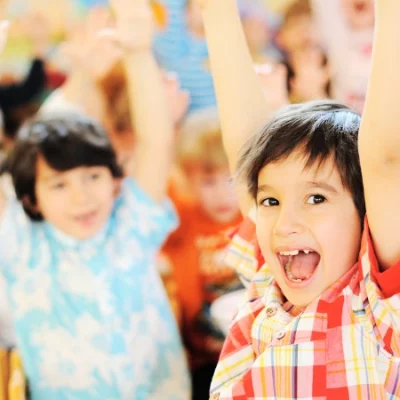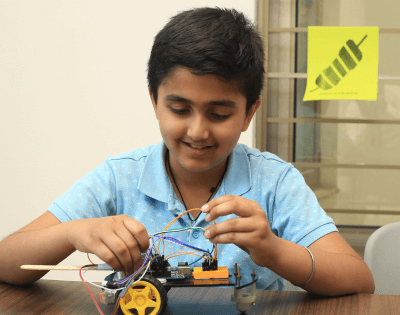
From running a cross-country race to beating fellow classmates at academics, children are subjected to a lot of competition at school in some form or the other.
Whether competition helps in the overall development of a child or is detrimental to it has been a matter of debate for decades.
But what about social competence?
What most parents fail to realise is that while social competition can cause unnecessary pressure and lead to negative feelings, competence, on the other hand, helps a child develop their social, emotional, and cognitive thinking skills.
So, what really is important for a child? Social competence or competition?
Before we answer that, let’s break these terms down and see their pros and cons to understand them better.
What is Social Competence?
As per Wiley Online Library, social competence, by definition is “the ability to handle social interactions effectively.”
In simpler words, it is just the measure of how well a person can get along with people; how good they are at maintaining and forming close relationships.
Social competence is often influenced by the environment a child is in.
For instance, a quiet, studious child may appear to be socially incompetent when forced to interact with a group of athletes. However, the same child may do perfectly well socially when surrounded by a peer group that matches the child’s interests in computer games, sports, activities or studies.
During early childhood, social competence includes coping with separating from parents and engaging with peers in play activities at preschool.
A child who has a few friends whom they like to interact and play with is socially competent and will face fewer problems in making new friends.
All in all, a socially competent child has the following advantages:
- They do not find it difficult to interact with strangers/newcomers in school
- They are more friendly and accommodating
- They have exceptional empathy and emotional skills, making them a reliable classmate for most students
- They have ample friends to play with
- Embarrassing situations do not put them down
Clearly, working towards helping your child develop social skills is of utmost importance for them to lead an independent and successful life.
What is Social Competition?
Most parents dislike the idea of competition for their children. In an effort to shield their kids from disappointment and loss of self-confidence, parents resort to declaring everyone winner or stay away from all kinds of competitive situations altogether.
But is that really healthy?
“Competition helps kids learn that it is not always the best or the brightest who are successful, but rather those that work hard and stick with it,” says Timothy Gunn, Psy.D., a pediatric neuropsychologist.
Healthy competition helps prepare children to face the realities of the world. Not just that, children subjected to competition at an early stage develop incredibly important skills such as resilience, tenacity, and perseverance. They understand the importance of taking turns, being empathetic towards others and encouraging fellow children to push themselves.
Competition brings children out from under their parents’ wings, introducing them to a space that’s not as safe. By experiencing instability and failure, children become more motivated to learn from their mistakes and improve upon their skills. Competition creates tough children; those who do not crumble when things get rough.
This is why some of the best CBSE schools organise competitions every week or so to keep children excited.
In short, here are some of the advantages of healthy competition:
- Develops critical social skills in children
- Encourages children to interact with one another
- Helps children understand the value of hard work
- Develops self-esteem and self-efficacy
- Prepares children for real-life situations
- Helps them step out of their comfort zone
- Teaches children the importance of empathy
Therefore, following a trophy-for-all approach to saving children from disappointment caused by failure is not as beneficial as letting them enjoy some healthy competition and bring home some learnings.
Final Thoughts
Social competence and competition go hand in hand. Putting a finger on just one of them to shape your child’s future would not help.
Healthy competition gives rise to children becoming more socially competent. Therefore, it’s important to engage them in small reward programs every now and then to prepare them to deal with different life situations.
The Blue Bells School for Integrated Learning follows a child-centric curriculum that works to develop social competence in students. This is done by encouraging them to engage with their peers and play together. The school takes a dynamic, comprehensive approach towards learning with a focus on active child-centred exploratory learning experiences.
The school understands the importance of healthy competition in a child’s life and prepares them to embrace failure and learn from it.




